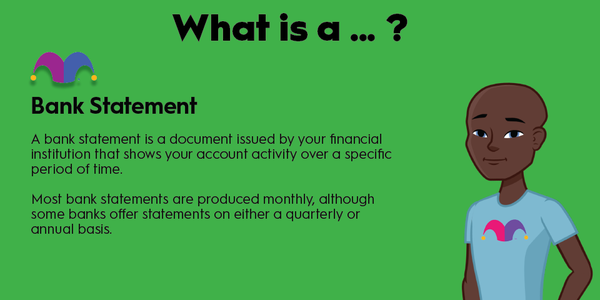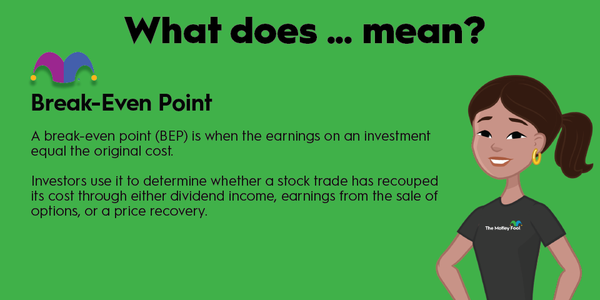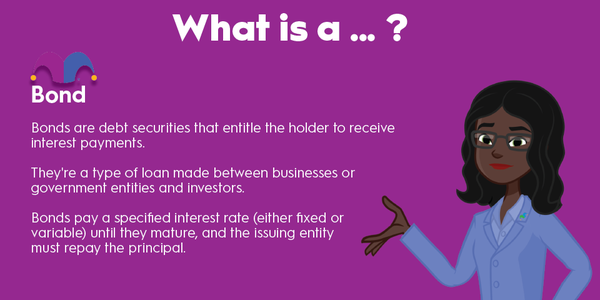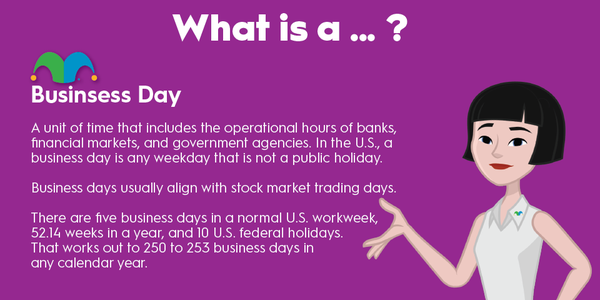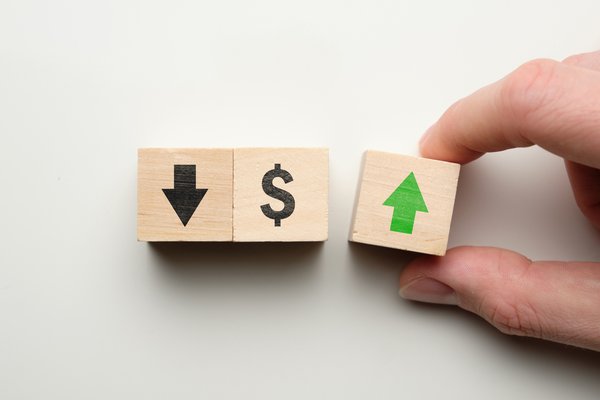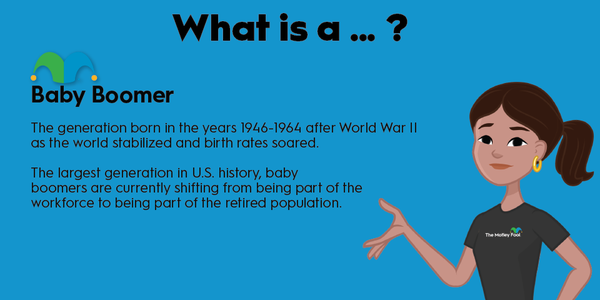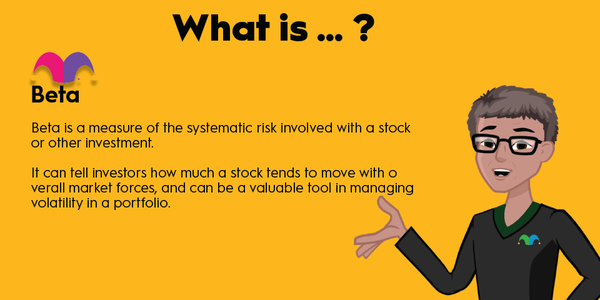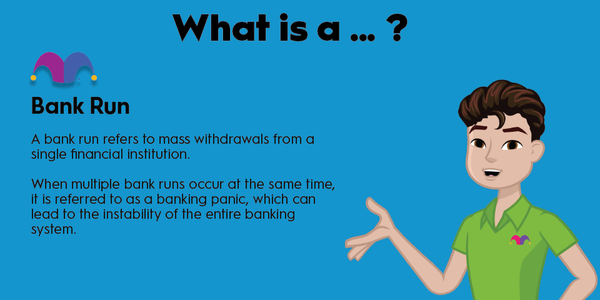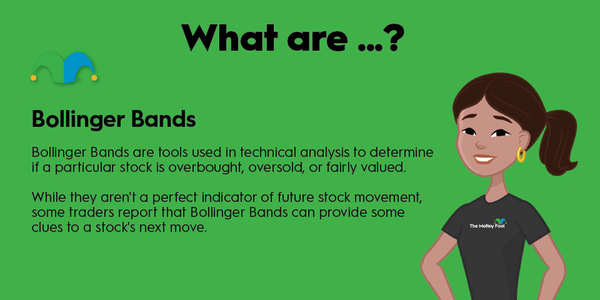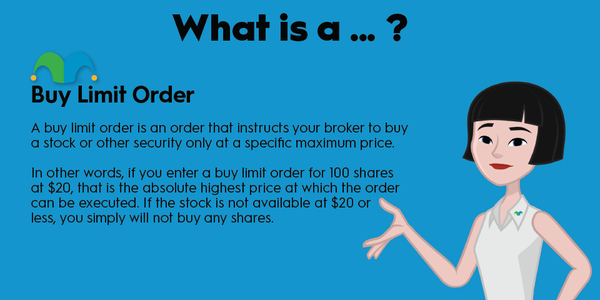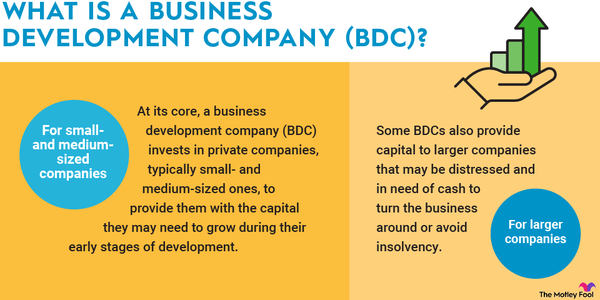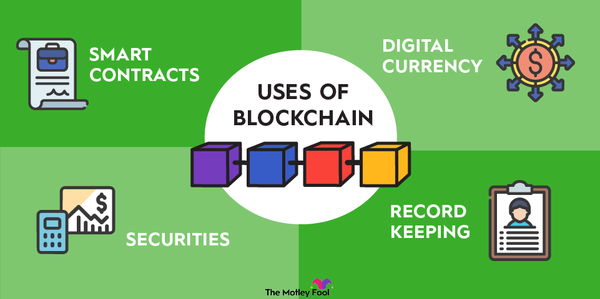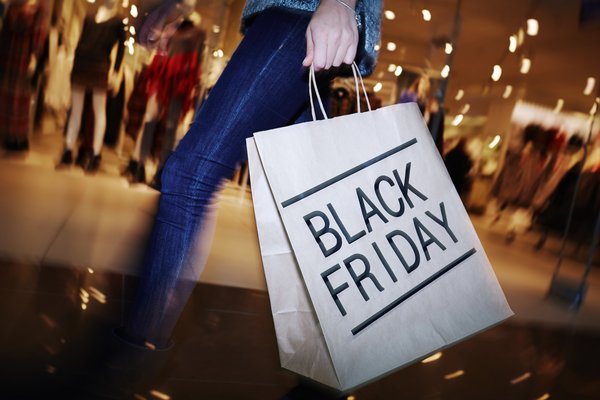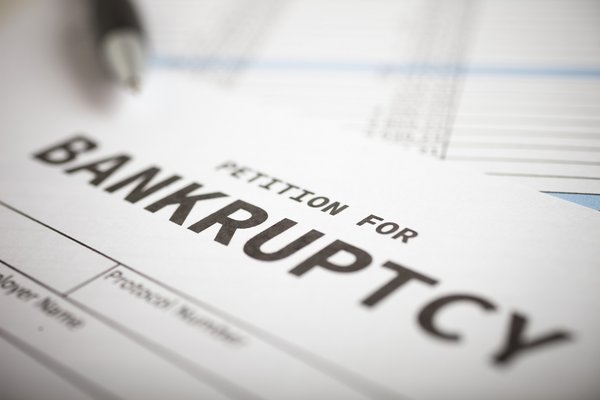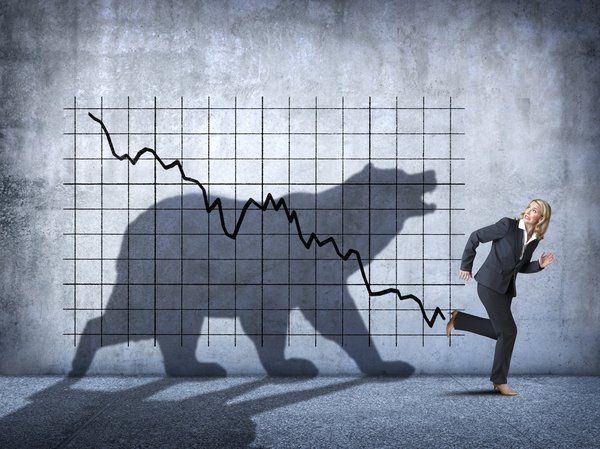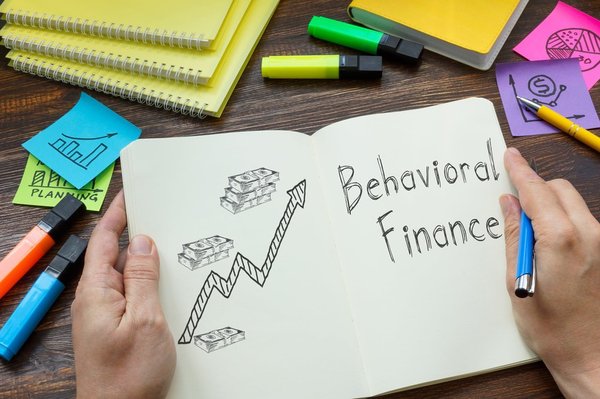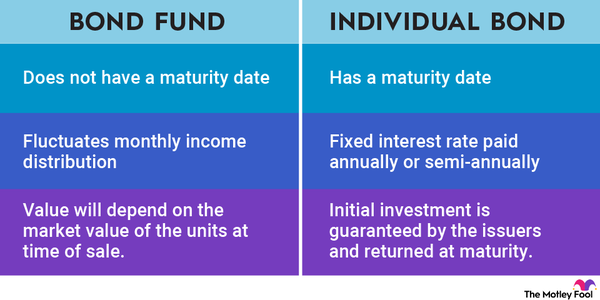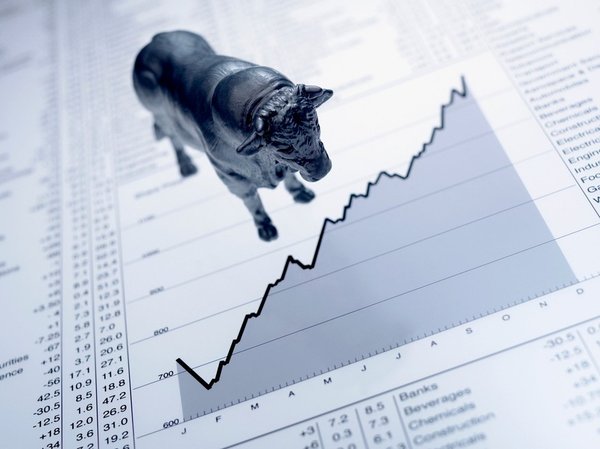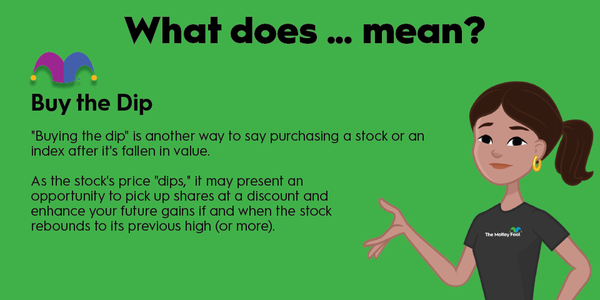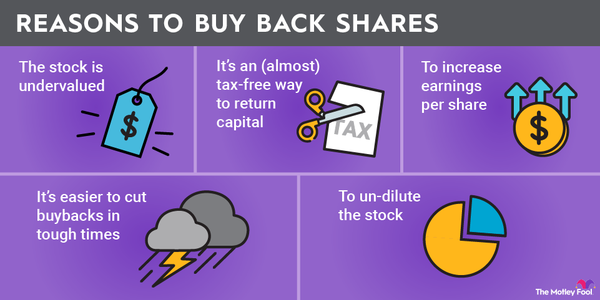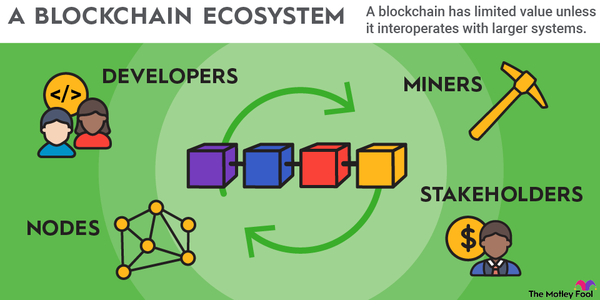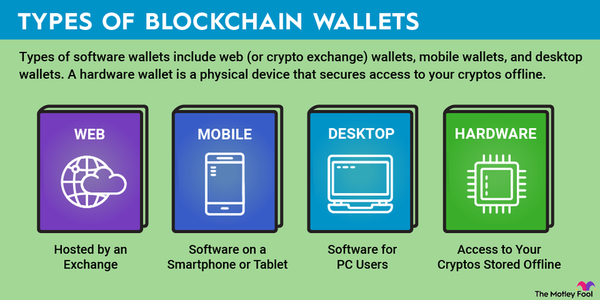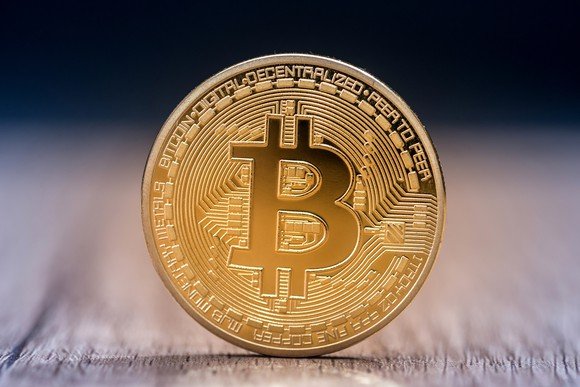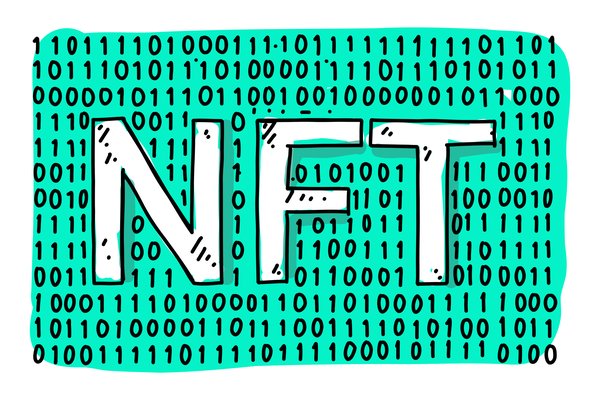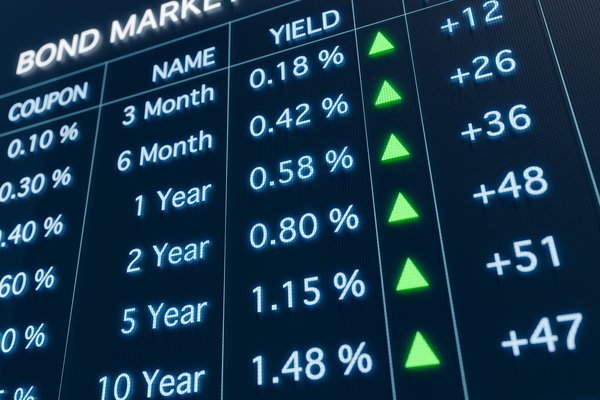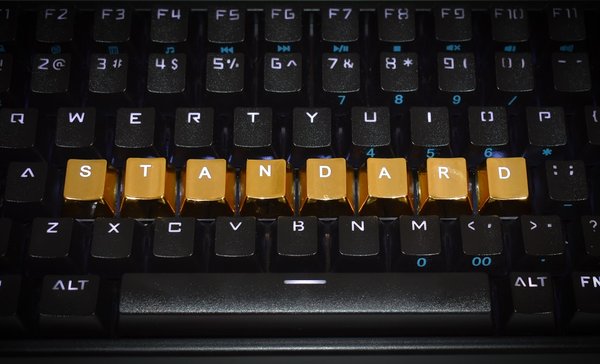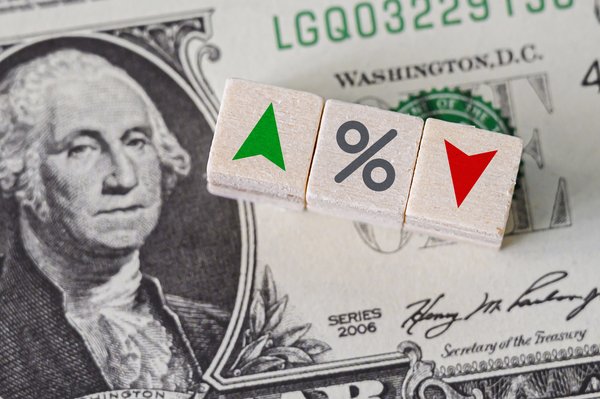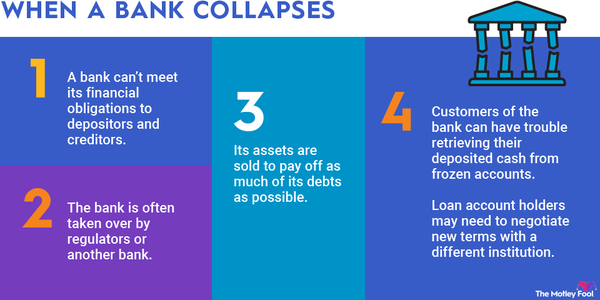B2C stands for business-to-consumer. It might seem unnecessary to use an abbreviation to define that business model (and the sales and marketing practices that accompany it), but the implications of B2C are more complicated than they might seem.

What is it?
What does B2C mean, exactly?
As a concept, B2C is often discussed in contrast to B2B, which means business-to-business. B2C refers to the business model and practices that exist around running a business that serves consumers rather than other businesses.
Some examples of B2C businesses include retailers or restaurants, as well as industries like education, healthcare, entertainment, and travel. Some businesses operate with both B2C and B2B divisions, using separate marketing approaches for each.
B2C versus B2B
How does B2C differ from B2B?
In addition to focusing on consumers, B2C businesses have a number of key differences from B2B that influence operations, margins, and strategy. One of the biggest differences between the two is the sales and marketing approach.
B2C businesses tend to have much larger addressable markets than B2B ones, so they are more likely to embrace traditional advertising. Think about the products you see advertised on TV, such as cars, beer, auto insurance, and travel; they're all good examples of B2C businesses.
B2C businesses tend to advertise like this because they are potentially targeting millions of consumers, and advertising helps spread their message to that audience. B2Bs, on the other hand, tend to focus their resources on direct sales since they deal with valuable contracts and a sales process that can take months to complete.
Because of those differences, B2C businesses often have lower margins than B2B businesses. Retailers and restaurants are notorious for operating at low margins, but they still tend to bring in enough revenue to make their margins work.
B2C businesses also tend to lean on marketing methods like influencer marketing, email marketing, and search and social media ads.
Which is better?
Is the B2C model better than the B2B?
There's no easy answer for whether a B2C or B2B model is better. It generally depends on the industry and the preferences of the business owner and operator.
Both channels represent massive industries. According to some estimates, the size of the B2B market is $780 billion, twice the size of the B2C market. However, individual B2C businesses are often larger than B2B ones since they compete in large markets.
For example, Apple (AAPL 0.02%) is primarily a B2C business, and the e-commerce operation for Amazon (AMZN 0.58%) is B2C. Digital advertising operations like Alphabet (GOOG 1.06%)(GOOGL 1.08%) and Meta Platforms (META -0.28%) operate as something of a hybrid of the two, serving customers looking for content and entertainment while selling advertising to other businesses.
The B2C model isn't necessarily better than B2B. It depends on not only the industry but also the sales and marketing strengths of the business. Taking a contrarian approach and offering a B2C service in a traditional B2B business, or vice versa, can also pay off.
An example
What's an example of a B2C business?
There are examples of B2C businesses almost everywhere you look. Perhaps some of the best are independent home service businesses, such as landscaping services. This kind of business will target individual consumers through marketing techniques like mailers and door hangers, social media and search ads, word-of-mouth, and outdoor advertising.
Related investing topics
Like other B2C businesses, these tend to be competitive, and it can be hard to establish a competitive advantage beyond reputation. Margins can also be thin since consumers will likely compare providers based on price.
Still, there is significant demand for these kinds of businesses, enough to support solid profits for good operators. By building brand awareness and offering a good service, these businesses can be highly successful at scale.


